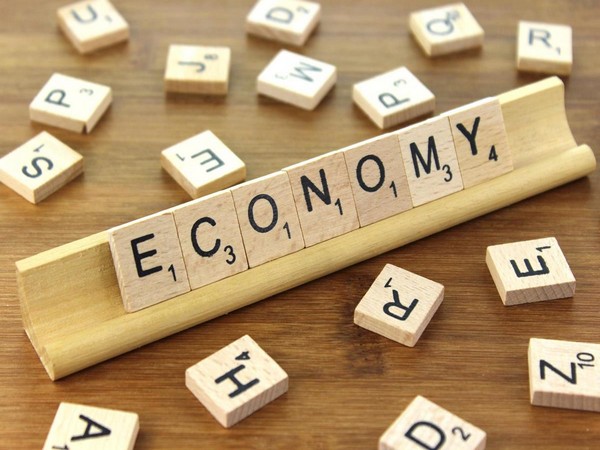German economy dodges recession as war, pandemic weigh
The reading meant that Germany skirted a recession, often defined as two quarters in a row of quarter-on-quarter contraction, after gross domestic product (GDP) fell by 0.3% at the end of 2021. While household and government spending remained mostly at the same level as in the previous quarter and exports were down at the start of the year, investments grew.

- Country:
- Germany
The German economy grew slightly in the first quarter from the previous one, data showed, with higher investments offset by the twin impacts of war in Ukraine and COVID-19 that experts predicted would weigh more heavily in the three months to June.
Europe's largest economy grew an adjusted 0.2% quarter on quarter and 3.8% on the year, the Federal Statistics Office said on Wednesday. A Reuters poll had forecast 0.2% and 3.7%, respectively. The reading meant that Germany skirted a recession, often defined as two quarters in a row of quarter-on-quarter contraction after the gross domestic product (GDP) fell by 0.3% at the end of 2021.
While household and government spending remained mostly at the same level as in the previous quarter and exports were down at the start of the year, investments grew. Construction investments, boosted by mild weather, were up 4.6% from the previous quarter, despite price increases, and machinery and equipment investments rose 2.5%.
German business morale rose unexpectedly in May as its economy showed resilience, according to an Ifo institute survey published this week that found no observable signs of a recession. However, there is no upswing in sight either, and Sebastian Dullien, director of the Macroeconomic Policy Institute (IMK), predicted the effect of the war and pandemic-linked restrictions in China - Germany's biggest trading partner last year, according to official data - would be much greater in the second quarter.
ING economist Carsten Brzeski said he was sticking with his baseline scenario of a slight GDP contraction in the second quarter after Wednesday's reading. "The build-up of inventories and weak consumption in the first quarter, as well as very weak consumer confidence, clearly dampen the optimism that traditional leading indicators are currently conveying," he said.
A consumer sentiment index by the GfK institute inched up slightly heading into June from an all-time low in May, with household spending burdened by inflation. The government forecasts economic growth of 2.2% in 2022.
(This story has not been edited by Devdiscourse staff and is auto-generated from a syndicated feed.)
ALSO READ
Russian forces enter suburb of Chasiv Yar in Ukraine, says RIA
Russia says concert shooting may be linked to operation in Ukraine, TASS reports
Ukraine fires more than 50 drones against Russia in one of its biggest air attacks of the war
Ukraine says fighting rages near Chasiv Yar, but denies Russia reached suburbs
Ukraine says it downed 13 drones launched by Russia overnight










